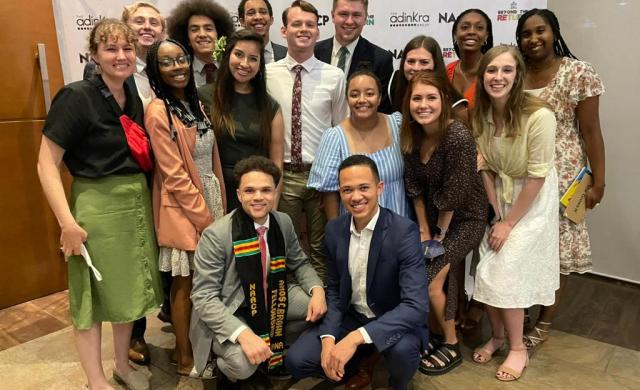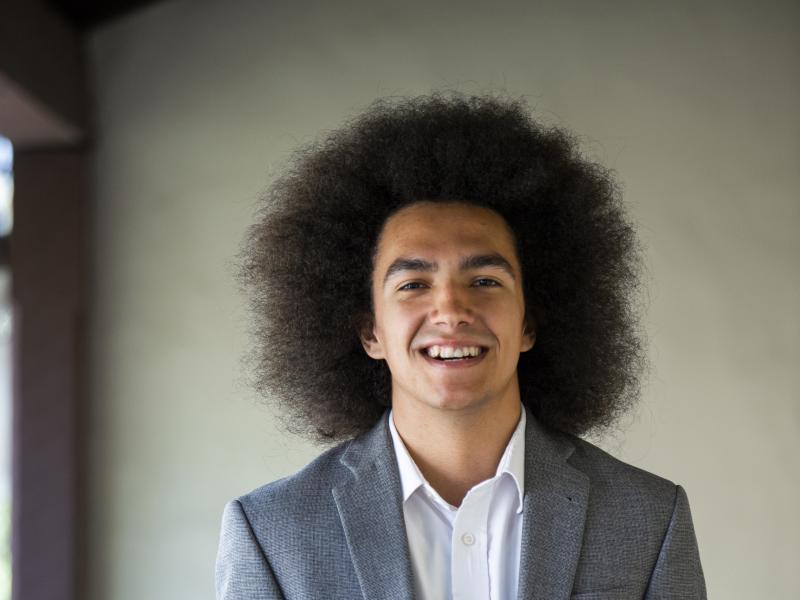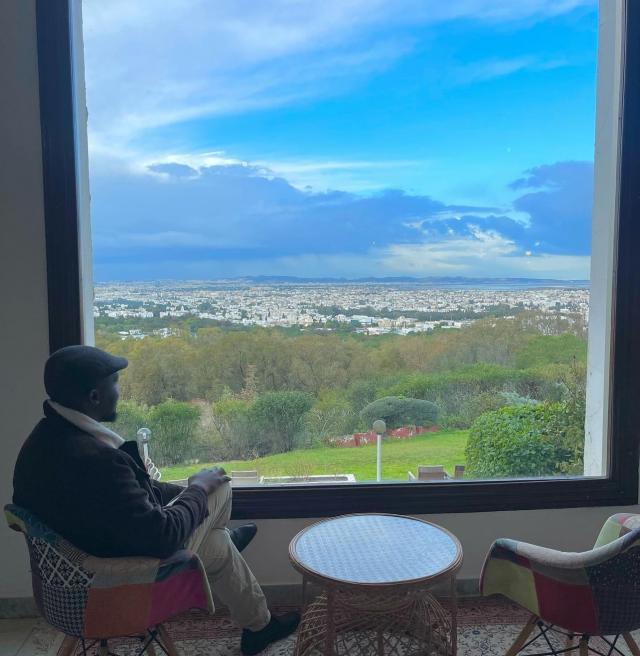How can I find a summer position that I am passionate about and helps my community while also ensuring that I get compensation for my work?
Navigating summer opportunities at Harvard can seem overwhelming at first. You will have friends doing everything under the sun: from consulting and investment banking, to researching on or off campus, to studying abroad, to going home and working. However, for many positions, especially those in the public interest or public service sector, finding an internship is just the first step. A second, and just as crucial step, is figuring out how you are going to get paid for the work you are doing. Unfortunately, many public service internships are unpaid, making it extremely difficult for low-income students to be able to afford to pursue an opportunity in these sectors. Luckily, there are several programs at Harvard that provide summer funding for students pursuing non-paid, or low-paid positions in public service.

The Center for Public Service and Engaged Scholarship has a lot of helpful resources for students looking to pursue opportunities in Public Service https://publicservice.fas.harvard.edu/
One of the first places to look is the Center for Public Service and Engaged Scholarship. This organization facilitates a variety of stipend programs, such as the Arthur Liman Public Interest Law Fellowship Program, the Priscilla Chan Summer Service Stipend, The Harvard Clubs Summer Community Service Fellowship Program, and even a Summer Federal Work-Study Program for Public Service. From their website you can also learn about the Mindich Service Fellowship Program, an opportunity for students to pursue positions with several leading public service organizations across the U.S with whom the Center has developed partnerships. Students who are chosen for these programs receive stipends of $4,000-5,000 for (generally) 10-weeks of full-time work over the course of the summer. They also often receive additional mentoring and/or networking through their host organization or the Center for Public Service.
This past summer, I was lucky enough to be a recipient of the Priscilla Chan Summer Service Stipend, a program that provides a base stipend of $5,000 to students who receive need-based aid at the college. Students who receive this stipend are also eligible to receive up to an additional $1,000 to cover living expenses, something that helped me be able to afford an apartment for the summer. Because of the Priscilla Chan Stipend, I had the opportunity to work as a legal intern for the Utah Crime Victims Legal Clinic, the only nonprofit in Utah that focuses on protecting victims’ rights as they navigate the criminal justice process. This position was entirely unpaid, and thus would have been unfeasible for me to accept without funding from Harvard.
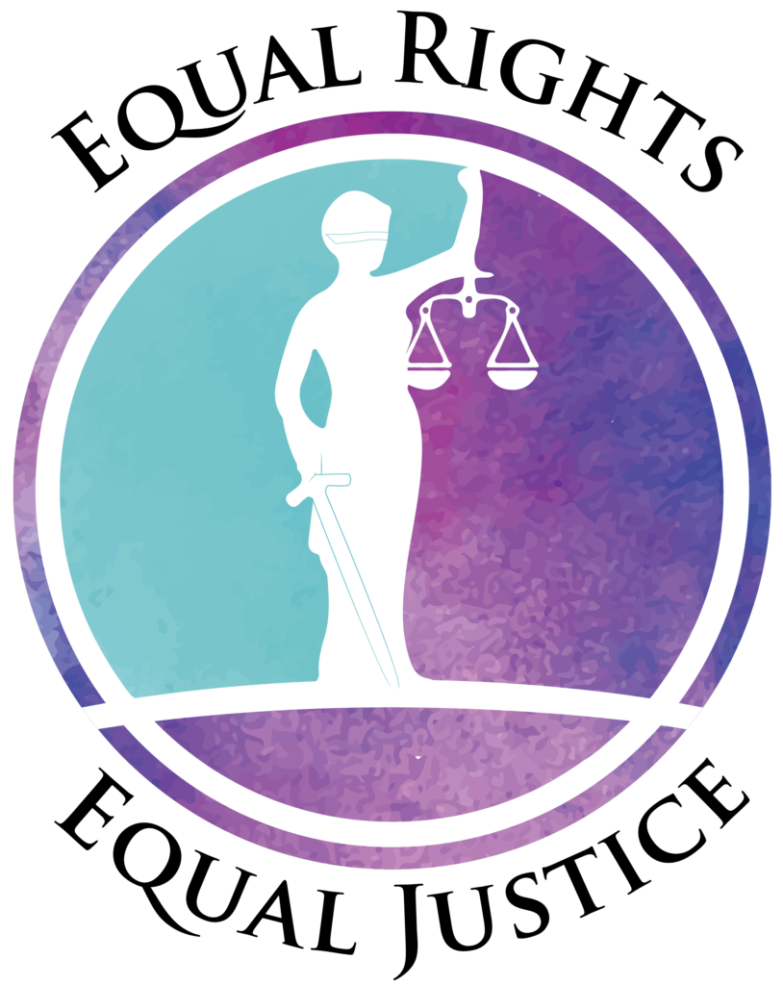
Utah Crime Victims Legal Clinic
The logo for the Utah Crime Victims Legal Clinic (UCVLC) captures what we tried to ensure at the clinic- that each person involved in the criminal justice process, including one who has been victim to a crime, is granted equal rights, and equal justice https://www.ucvlc.org/
For those interested in government-adjacent work, the Institute of Politics also has a Summer Stipend program that provides $5,000 to students working 10-week internships in local, state, or federal government positions, for public interest groups, political organizations, or other positions in politics or public service. The IOP’s Director’s Internship Program also provides positions for students to work with “high-profile organizations and elected officials around the world to provide substantive, career-oriented summer internships... in politics, government, and public service.” Students who apply and are chosen for positions within the Director’s Internship Program are also fully funded for their 10-weeks of work.
Many of these funding opportunities are flexible should you have a unique summer situation, such as trying to pursue multiple opportunities or having to return home for a certain amount of time. Although meant to cover a 10-week internship, the Center for Public Service and Engaged Scholarship granted me funding for an 8-week internship instead, allowing me to pursue a two-week fellowship in Ghana at the end of the summer. While this fellowship was also focused on public service (specifically focusing on addressing and alleviating racial tensions within America), it was independent of my other internship. However, after writing a letter of explanation to the Center for Public Service, they granted me permission to pair the fellowship with my other public service internship.
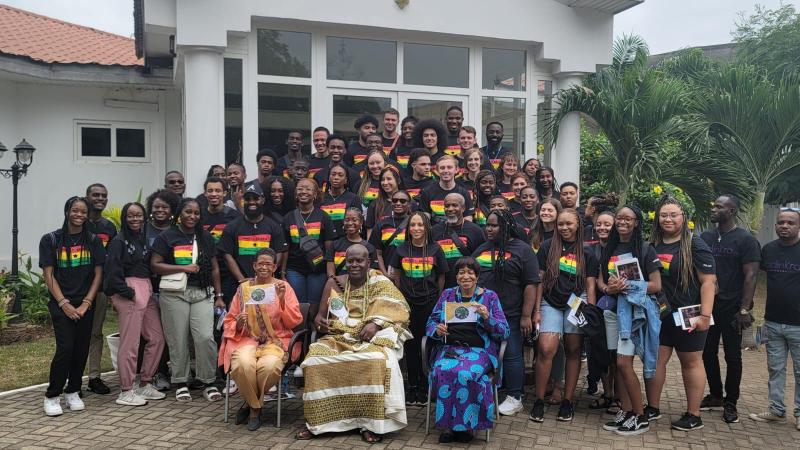
Amos C. Brown Fellowship
I went to Ghana as part of the Amos C. Brown Student Fellowship, a program organized by the NAACP and The Church of Jesus Christ of Latter-day Saints. As a fellow I discussed the ways in which the trans-Atlantic continues to impact people in America.
Students interested in particular areas of the world can also reach out to the various regional studies offices across campus, such as the Davis Center for Russian and Eurasian studies or David Rockefeller Center for Latin American studies. While the COVID-19 Pandemic and war in Ukraine prevented me from travelling to Ukraine during the summers of my first and sophomore years, I would have been able to pursue an unpaid internship in Kyiv thanks to generous funding from the Davis Center. Many of these departments also offer funding for language study over the summer, often in a place where you can immerse yourself in the target language and experience a new country. As such, regional studies departments are great avenues to pursue your area of interest if it is outside of the United States.

The Davis Center
The Davis Center regularly conducts a second-year Russian language course over the summer in Tbilisi, Georgia. A funded opportunity, this experience allows students to immerse themselves not only in the Russian language, but in the local Georgian culture. https://daviscenter.fas.harvard.edu/research-initiatives/program-georgian-studies
While the opportunities I have mentioned are not all the ways to fund a summer of public service, I have tried to highlight that there are many avenues for low-income students interested in pursuing public service to find an internship that they enjoy, while not having to worry whether the position itself is funded. This provides a lot of flexibility to really focus on your ideal summer experience, rather than merely one that won’t leave you eating top ramen every day because it is paying you a decent wage. I loved my summer pursuing an internship in public interest law, and I hope that those of you who are interested in public service opportunities will be able to find funding more easily after reading this article.

